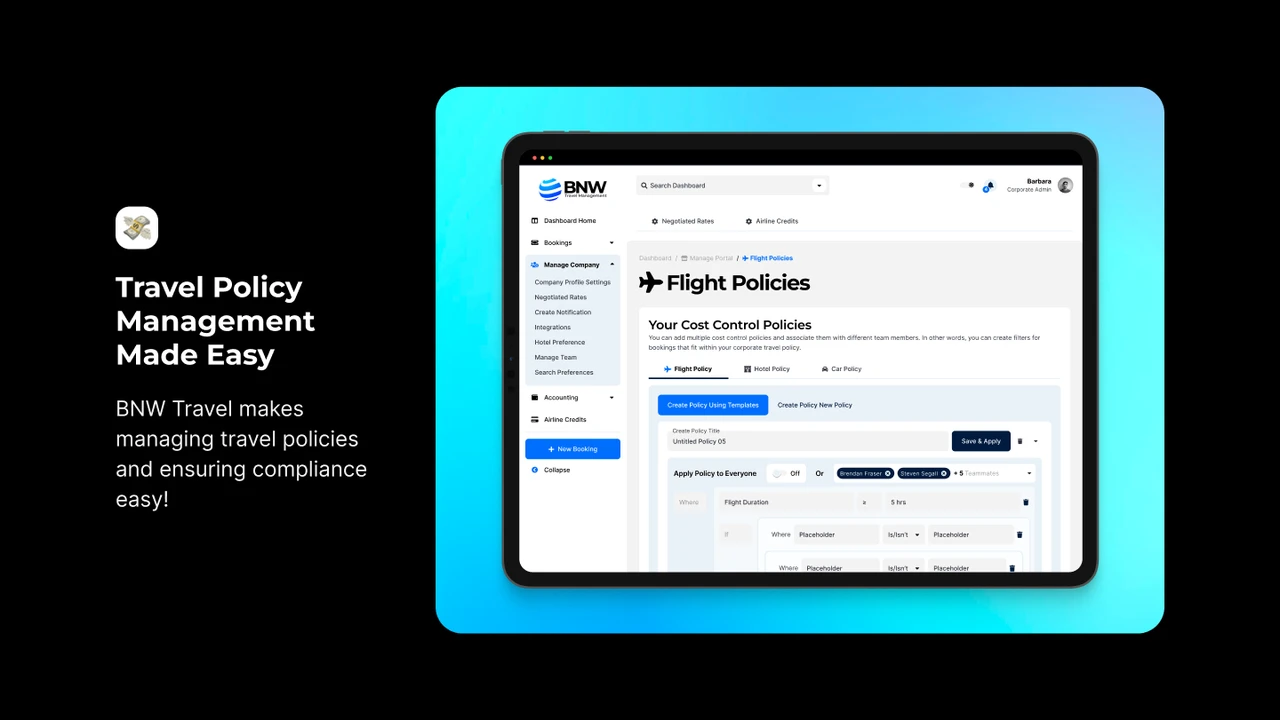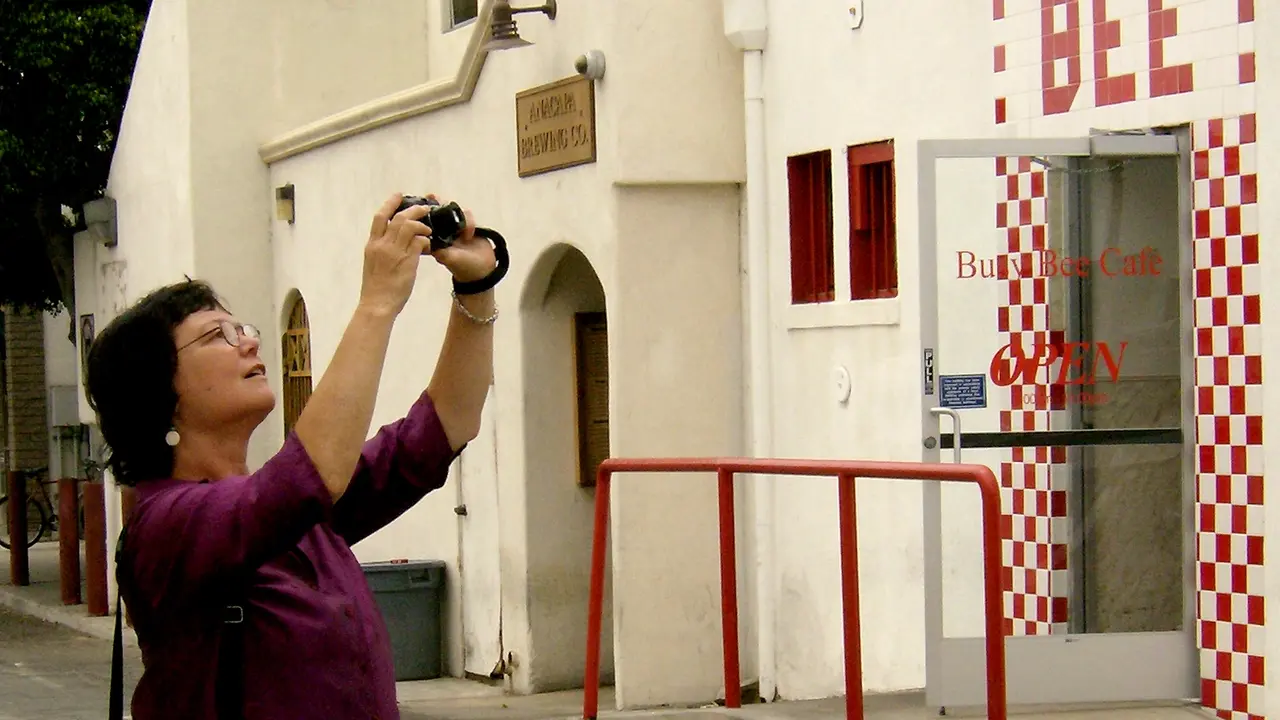Don't Be Fooled: Travel Insurance Sales Tactics to Watch Out For

Understanding Travel Insurance Basics Travel Insurance Coverage Explained
Okay, let's dive into the nitty-gritty of travel insurance. It's not just some piece of paper you buy and forget about. It's your safety net when things go sideways on your dream vacation. Think of it as your financial first aid kit for travel mishaps. So, what exactly does it cover? Generally, you're looking at things like:
- Trip Cancellation/Interruption: Your flight gets cancelled due to a volcano erupting? Your grandma gets sick and you need to rush home? This is your friend.
- Medical Expenses: You slip and break your leg while hiking in the Alps? You get a nasty case of food poisoning in Mexico? Medical bills abroad can be astronomical, so this is crucial.
- Lost or Stolen Luggage: Airline lost your bags with all your clothes and that expensive camera? This can help reimburse you.
- Emergency Evacuation: You need to be airlifted off a mountain after an accident? This covers the cost of getting you to a hospital.
- Accidental Death and Dismemberment: A very morbid thought, but if the worst happens, this provides a payout.
But here's the kicker: Every policy is different. Read the fine print! Don't just assume you're covered for everything. For example, some policies exclude pre-existing medical conditions, adventure sports, or even certain destinations. Understanding the basics is the first step in avoiding those nasty surprises.
Common Travel Insurance Sales Tactics High Pressure Sales Tactics and Misleading Claims
Now, let's talk about the sneaky stuff. Some travel insurance companies use tactics that are, well, less than ethical. Here's what to watch out for:
- High-Pressure Sales: They try to rush you into buying a policy without giving you time to compare options or read the details. They might say things like "This offer is only available for a limited time!" or "If you don't buy now, you'll regret it!" Don't fall for it. Take your time.
- Fear-Mongering: They exaggerate the risks of traveling to scare you into buying a more expensive policy. They might show you alarming statistics about crime or disease in your destination. While it's good to be aware of potential risks, don't let them manipulate you.
- Misleading Claims: They make vague promises about coverage without explaining the limitations. They might say "We cover everything!" but then bury a long list of exclusions in the fine print. Always ask for clarification and read the policy carefully.
- Bundling Unnecessary Add-ons: They try to sell you extra coverage that you don't need, like rental car insurance if you don't plan to rent a car, or flight cancellation insurance if you're flying on a refundable ticket. Be sure you only pay for what you actually need.
- Automatic Enrollment: They automatically enroll you in travel insurance when you book your flight or hotel, without your explicit consent. Always double-check your booking confirmation and make sure you haven't been charged for something you didn't want.
The key is to be aware of these tactics and to be a savvy consumer. Don't be afraid to ask questions, compare options, and walk away if you feel pressured or uncomfortable.
Decoding the Fine Print Travel Insurance Exclusions and Limitations
This is where things get really important. The fine print is where travel insurance companies hide all the details about what's covered and, more importantly, what's not covered. Here are some common exclusions and limitations to be aware of:
- Pre-existing Medical Conditions: Many policies exclude coverage for medical conditions you had before you bought the insurance. This means if you have diabetes and need medical treatment while traveling, your insurance might not pay for it. Some policies offer waivers for pre-existing conditions, but you usually have to buy them within a certain timeframe after booking your trip.
- Adventure Sports: If you're planning on doing any risky activities like rock climbing, skiing, or scuba diving, make sure your policy covers them. Many standard policies exclude these activities. You might need to buy a special add-on or a separate policy.
- Acts of War or Terrorism: Most policies exclude coverage for events caused by war or terrorism. This means if your trip is disrupted by a terrorist attack, your insurance might not pay for your losses.
- Traveling Against Medical Advice: If your doctor advises you not to travel, but you go anyway, your insurance might not cover any medical expenses you incur.
- Intoxication or Illegal Activities: If you get injured while under the influence of alcohol or drugs, or while participating in illegal activities, your insurance will likely deny your claim.
- Unattended Belongings: If you leave your luggage unattended and it gets stolen, your insurance might not cover the loss. You're generally expected to take reasonable precautions to protect your belongings.
- Specific Destinations: Some policies exclude certain destinations deemed high-risk due to political instability, natural disasters, or disease outbreaks. Always check the policy details for any destination exclusions.
The best way to avoid surprises is to read the policy carefully and understand all the exclusions and limitations. If you have any questions, contact the insurance company and ask for clarification.
Comparing Travel Insurance Policies Choosing the Right Travel Insurance Plan
Okay, so you know what to look for and what to avoid. Now, how do you actually choose the right travel insurance policy? Here's a step-by-step guide:
- Assess Your Needs: Consider your destination, the length of your trip, your age, your health, and the activities you plan to do. Are you going on a relaxing beach vacation or a challenging backpacking trip? Do you have any pre-existing medical conditions? The answers to these questions will help you determine the type of coverage you need.
- Compare Quotes: Don't just buy the first policy you see. Get quotes from multiple insurance companies and compare their coverage, exclusions, and prices. Websites like InsureMyTrip, Squaremouth, and TravelInsurance.com allow you to compare policies from different providers side-by-side.
- Check the Coverage Limits: Make sure the policy provides adequate coverage for medical expenses, trip cancellation, and lost luggage. Consider the cost of medical care in your destination and the value of your belongings.
- Read the Fine Print: We can't stress this enough! Read the policy carefully and understand all the exclusions and limitations.
- Consider a "Cancel For Any Reason" Upgrade: These policies are more expensive, but they allow you to cancel your trip for any reason and receive a partial refund (usually 50-75%). This can be a good option if you're worried about something coming up that might prevent you from traveling.
- Check the Company's Reputation: Look for reviews and ratings of the insurance company online. Check with the Better Business Bureau to see if they have any complaints.
- Pay Attention to the Deductible: The deductible is the amount you have to pay out of pocket before your insurance kicks in. A lower deductible means you'll pay less out of pocket, but your premium will be higher.
Travel Insurance Product Recommendations and Comparisons
Alright, let's get down to some specific recommendations. Keep in mind that these are just suggestions, and the best policy for you will depend on your individual needs and circumstances. Always do your own research and compare quotes before making a decision.
World Nomads
Use Case: Ideal for adventurous travelers and backpackers. They offer comprehensive coverage for medical expenses, trip cancellation, and lost luggage, as well as coverage for adventure sports like hiking, skiing, and scuba diving.
Pros: Flexible coverage options, good for adventure activities, 24/7 emergency assistance.
Cons: Can be more expensive than other policies, may not be suitable for travelers with pre-existing medical conditions.
Pricing: Varies depending on the destination, length of trip, and coverage options. Expect to pay around $50-$150 for a two-week trip to Europe.
Allianz Travel Insurance
Use Case: A good option for families and travelers looking for comprehensive coverage at a reasonable price. They offer a variety of plans to choose from, including options for trip cancellation, medical expenses, and lost luggage.
Pros: Wide range of plans, competitive prices, good customer service.
Cons: Can be confusing to navigate the different plan options, some plans have limited coverage for pre-existing medical conditions.
Pricing: Varies depending on the plan and coverage options. Expect to pay around $40-$120 for a two-week trip to the Caribbean.
Travel Guard
Use Case: Suitable for travelers who want a high level of coverage and are willing to pay a premium for it. They offer comprehensive plans with high coverage limits and a wide range of benefits, including trip cancellation, medical expenses, and lost luggage.
Pros: High coverage limits, comprehensive benefits, good customer service.
Cons: More expensive than other policies, can be overkill for travelers on a tight budget.
Pricing: Varies depending on the plan and coverage options. Expect to pay around $70-$200 for a two-week trip to Asia.
Generali Global Assistance
Use Case: A solid choice for travelers looking for affordable medical coverage and trip interruption benefits. They often provide competitive rates and decent customer service.
Pros: Generally more affordable, especially for medical coverage, decent customer support.
Cons: May have lower coverage limits compared to more premium options, some complaints about claim processing speed.
Pricing: Usually ranges from $30-$100 for a two-week trip, depending on destination and coverage.
Comparison Table
| Feature | World Nomads | Allianz Travel Insurance | Travel Guard | Generali Global Assistance |
|---|---|---|---|---|
| Adventure Sports Coverage | Excellent | Limited | Good | Limited |
| Price | Moderate to High | Moderate | High | Affordable |
| Medical Coverage | Excellent | Good | Excellent | Good |
| Trip Cancellation | Good | Excellent | Excellent | Good |
| Customer Service | Good | Good | Excellent | Average |
Real-Life Examples of Travel Insurance Claims What Happens When Things Go Wrong
Let's look at some real-life scenarios to illustrate how travel insurance can help:
- Scenario 1: You're on a hiking trip in Peru and you break your ankle. You need to be airlifted to a hospital in Lima for treatment. Your travel insurance covers the cost of the helicopter rescue, the hospital bills, and your flight home.
- Scenario 2: Your flight to London is cancelled due to a snowstorm. You miss your connecting flight and have to spend an extra night in a hotel. Your travel insurance covers the cost of the hotel room and your meals.
- Scenario 3: Your luggage is lost by the airline on your way to Italy. Your travel insurance reimburses you for the cost of replacing your clothes and other essential items.
- Scenario 4: You get sick with the flu while traveling in Thailand. You need to see a doctor and buy medication. Your travel insurance covers the cost of the doctor's visit and the medication.
These are just a few examples of how travel insurance can protect you from financial losses when things go wrong on your trip. It's a small price to pay for peace of mind.
Filing a Travel Insurance Claim Tips for a Smooth Claim Process
So, you had a mishap and need to file a claim. Here’s how to make the process as smooth as possible:
- Document Everything: Keep copies of all your receipts, medical records, police reports, and any other documents related to your claim. The more documentation you have, the better.
- Notify the Insurance Company Promptly: Contact the insurance company as soon as possible after the incident occurs. Many policies have deadlines for filing claims.
- Follow the Instructions Carefully: Read the claim form carefully and fill it out completely. Provide all the information requested and answer all the questions honestly.
- Be Patient: Claim processing can take time, so be patient. The insurance company may need to investigate your claim and gather additional information.
- Follow Up: If you haven't heard back from the insurance company within a reasonable timeframe, follow up with them to check on the status of your claim.
- Appeal if Necessary: If your claim is denied, you have the right to appeal the decision. Read the denial letter carefully and understand the reasons for the denial. Gather any additional evidence that supports your claim and submit it to the insurance company.
Staying Safe While Traveling Proactive Measures for a Worry-Free Trip
While travel insurance is important, it's even better to avoid problems in the first place. Here are some tips for staying safe while traveling:
- Research Your Destination: Learn about the local customs, laws, and potential risks.
- Register with Your Embassy: Register your trip with your embassy or consulate so they can contact you in case of an emergency.
- Make Copies of Important Documents: Keep copies of your passport, visa, and other important documents in a safe place.
- Be Aware of Your Surroundings: Pay attention to your surroundings and avoid walking alone at night in unfamiliar areas.
- Protect Your Belongings: Keep your valuables in a safe place and be aware of pickpockets.
- Stay Healthy: Get vaccinated and take any necessary medications before your trip. Drink bottled water and avoid eating street food from vendors that don't appear sanitary.
- Learn Basic Phrases in the Local Language: Knowing a few basic phrases can help you communicate with locals and get help if you need it.
The Future of Travel Insurance Emerging Trends and Innovations
The travel insurance industry is constantly evolving. Here are some emerging trends and innovations to watch out for:
- Personalized Insurance: Insurance companies are using data analytics to create more personalized policies that are tailored to the individual traveler's needs and risk profile.
- On-Demand Insurance: Some companies are offering on-demand insurance that you can activate only when you need it, such as when you're engaging in a risky activity.
- Embedded Insurance: Travel insurance is increasingly being embedded into other travel products, such as flights, hotels, and rental cars.
- Blockchain Technology: Blockchain technology is being used to improve the efficiency and transparency of the claims process.
- AI-Powered Assistance: AI-powered chatbots are being used to provide 24/7 customer support and assist with claims processing.
:max_bytes(150000):strip_icc()/277019-baked-pork-chops-with-cream-of-mushroom-soup-DDMFS-beauty-4x3-BG-7505-5762b731cf30447d9cbbbbbf387beafa.jpg)






